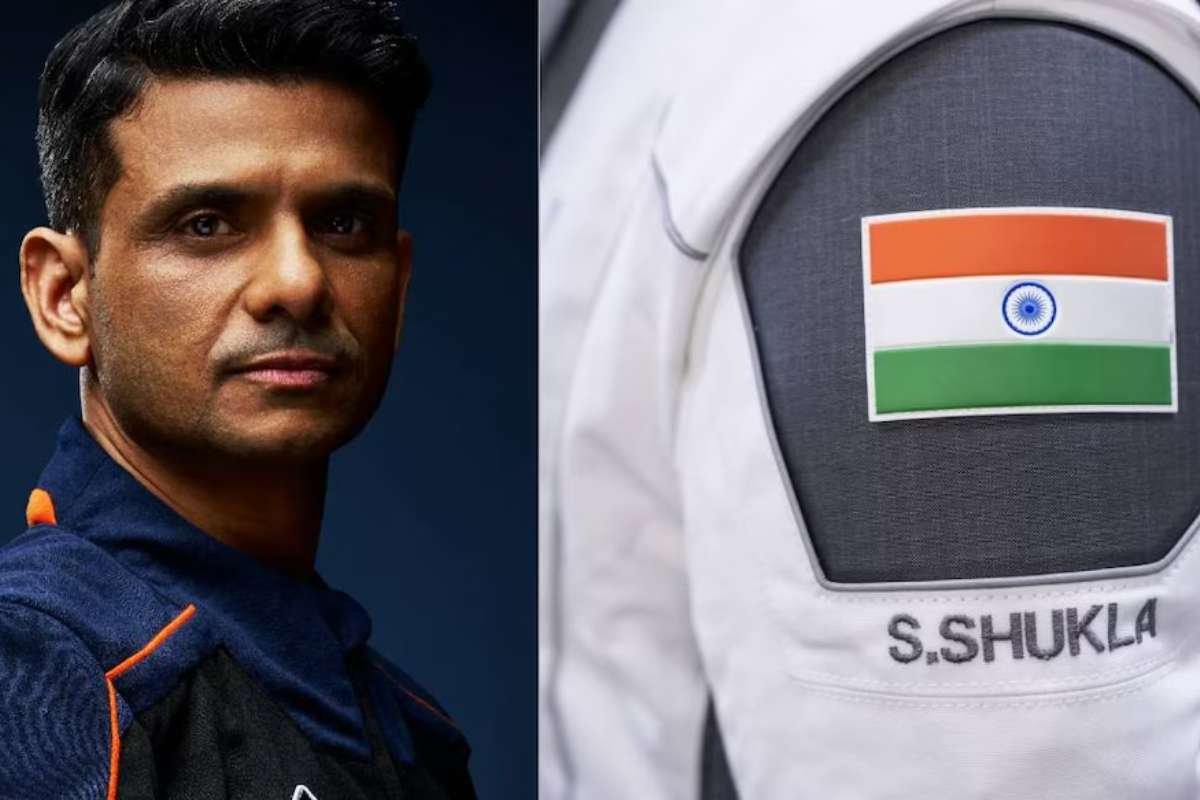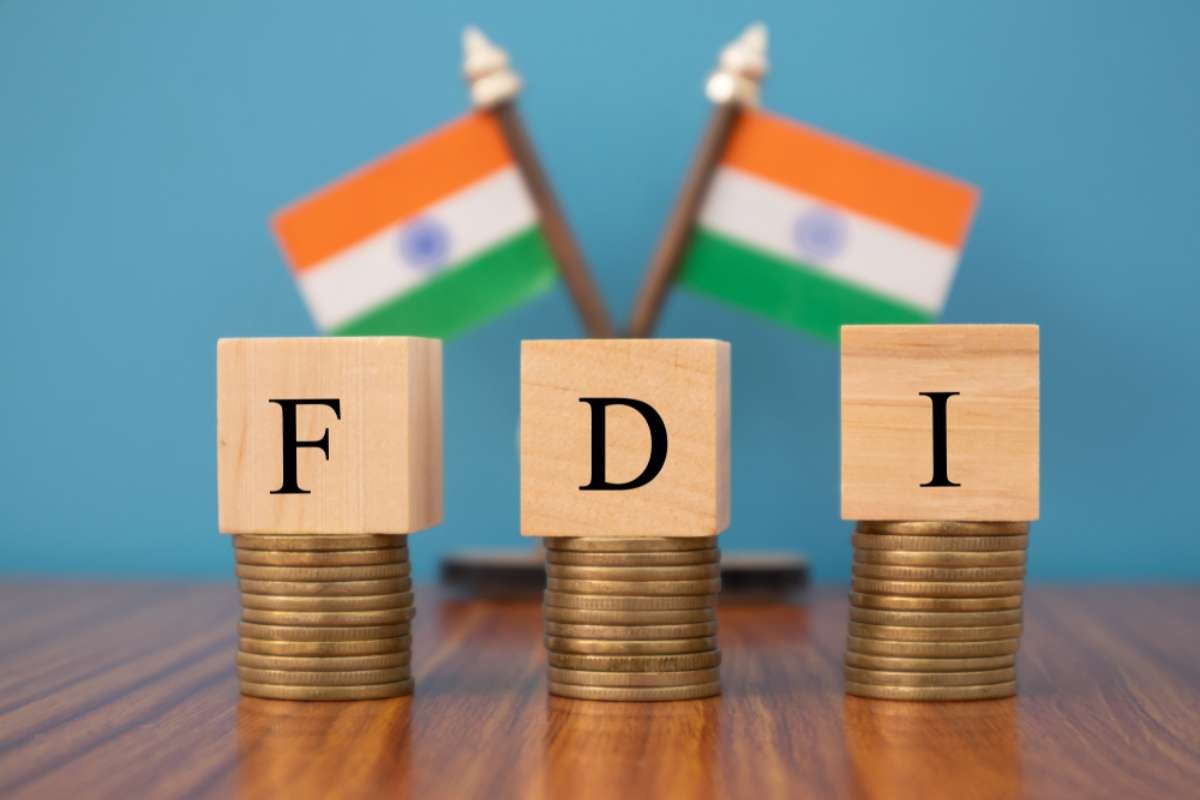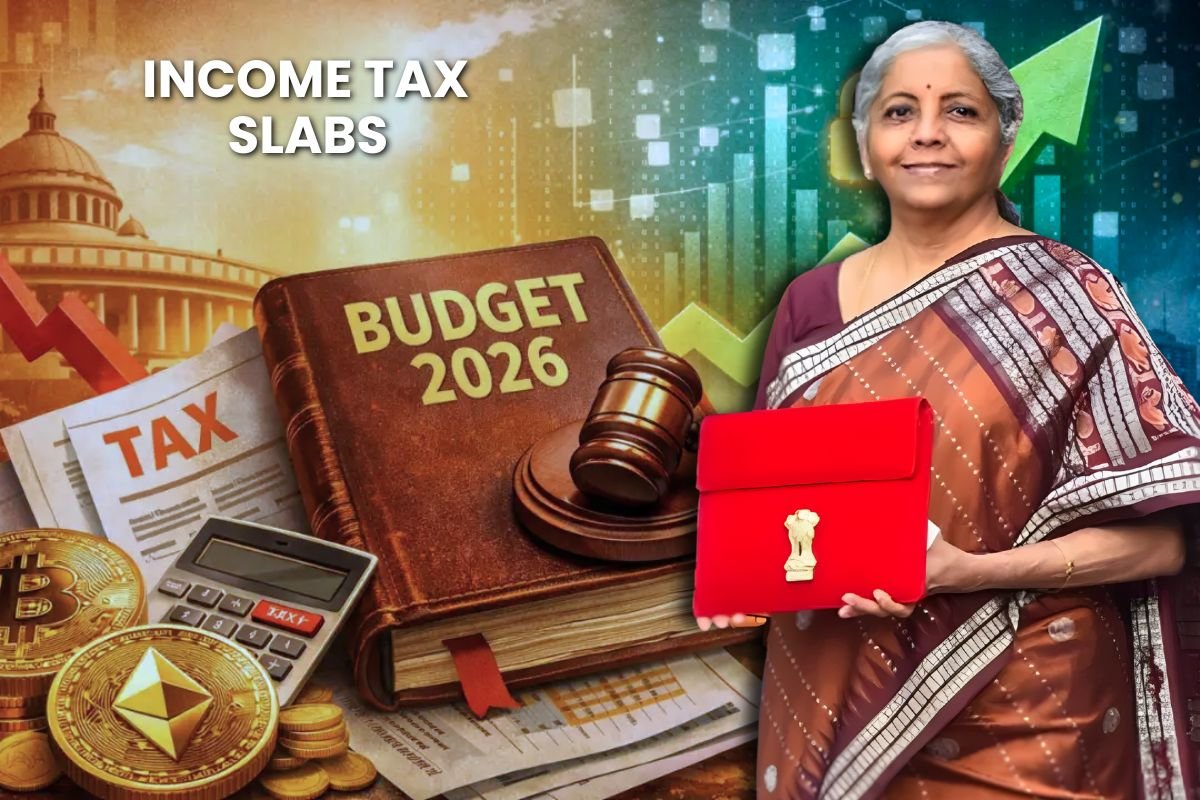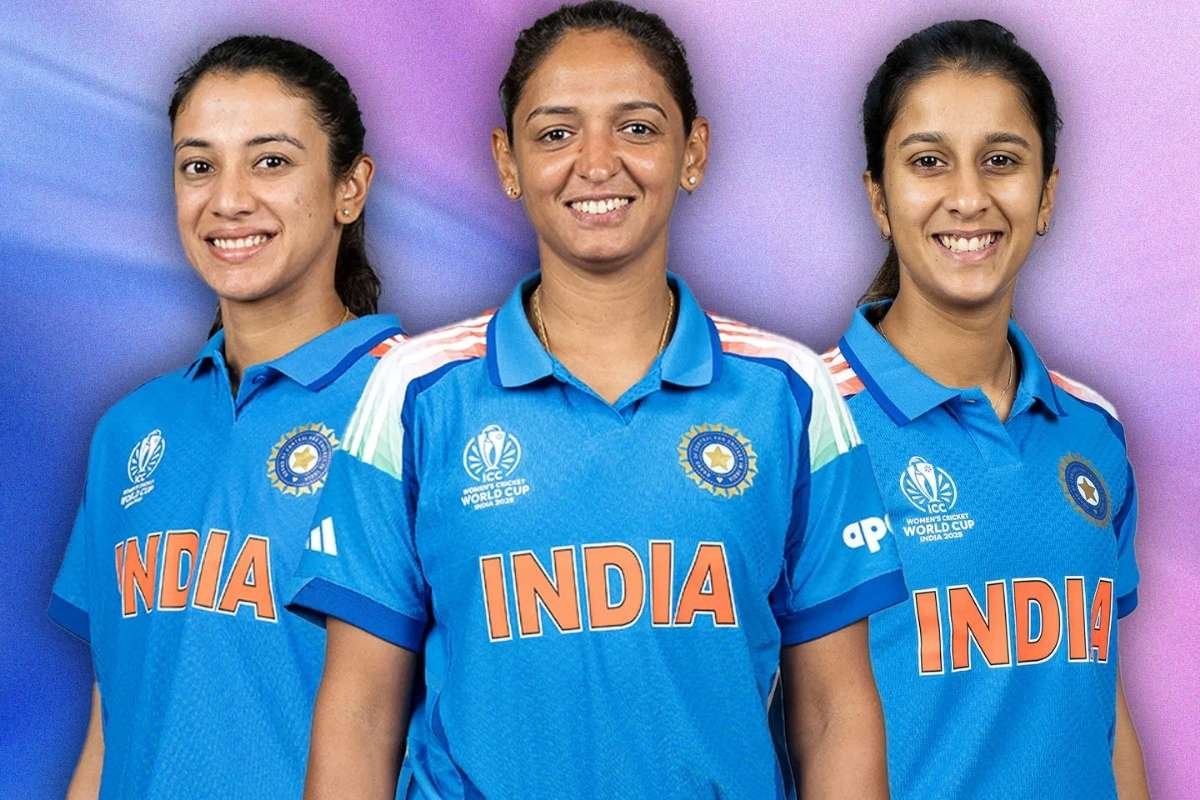India is set to make history as Wing Commander Shubhanshu Shukla becomes the first Indian astronaut to travel to the International Space Station (ISS). The 39-year-old Indian Air Force fighter pilot is part of a four-member international mission organized by Axiom Space and set to launch from the United States using a SpaceX capsule.
This milestone positions India closer to nations with established human spaceflight capabilities like the United States, Russia, and China. The mission, scheduled for launch on Tuesday, marks only the third time an astronaut of Indian origin has ventured into orbit, after Rakesh Sharma in 1984 aboard a Soviet Soyuz and Kalpana Chawla, who flew on NASA missions before tragically losing her life in the Columbia disaster of 2003.
Shubhanshu Shukla has described the mission as not just a personal achievement, but a national milestone. “This is the journey of 1.4 billion people,” he told, expressing hope that his voyage would inspire a new generation of Indians to look to the stars.
India’s Expanding Space Ambitions
The mission is being hailed as a “defining chapter” by India’s Department of Space, which sees it as a signal that the nation is confidently advancing in the global space race. The $60 million journey, funded by the Indian government, is expected to set the stage for deeper involvement in space exploration and pave the way for future manned missions.
Prime Minister Narendra Modi has already laid out plans for sending an Indian to the moon by 2040. Meanwhile, the Indian Space Research Organisation (ISRO) is preparing for its own human spaceflight program, Gaganyaan, scheduled for launch in 2027. Shubhanshu Shukla is considered a strong candidate for that mission as well.
His training has been extensive, including time at Russia’s Yuri Gagarin Cosmonaut Training Center and further preparation at ISRO’s facility in Bengaluru. The current mission, Axiom Mission 4, will not only provide crucial experience but also valuable data to support India’s future ventures into space.
Science at the Core of the Mission
The Axiom crew, led by veteran astronaut Peggy Whitson, also includes Polish astronaut Sławosz Uznański-Wiśniewski and Hungarian researcher Tibor Kapu. During their estimated 14-day stay aboard the ISS, the team will carry out 60 scientific studies. These include microgravity research, earth monitoring, biological tests, and experiments in material science.
Shubhanshu Shukla emphasized the mission’s value for India’s scientific community, calling the findings “invaluable.” These research outcomes are expected to contribute not just to space science but also to advancements in healthcare, agriculture, and materials back on Earth.
India’s space program has made significant progress in recent years, balancing innovation with cost-efficiency. Its successful 2023 moon landing made it the fourth country to achieve this feat. With the ISS mission, India is now making strides toward sustained human presence in space, firmly establishing its place among the world’s leading spacefaring nations.








